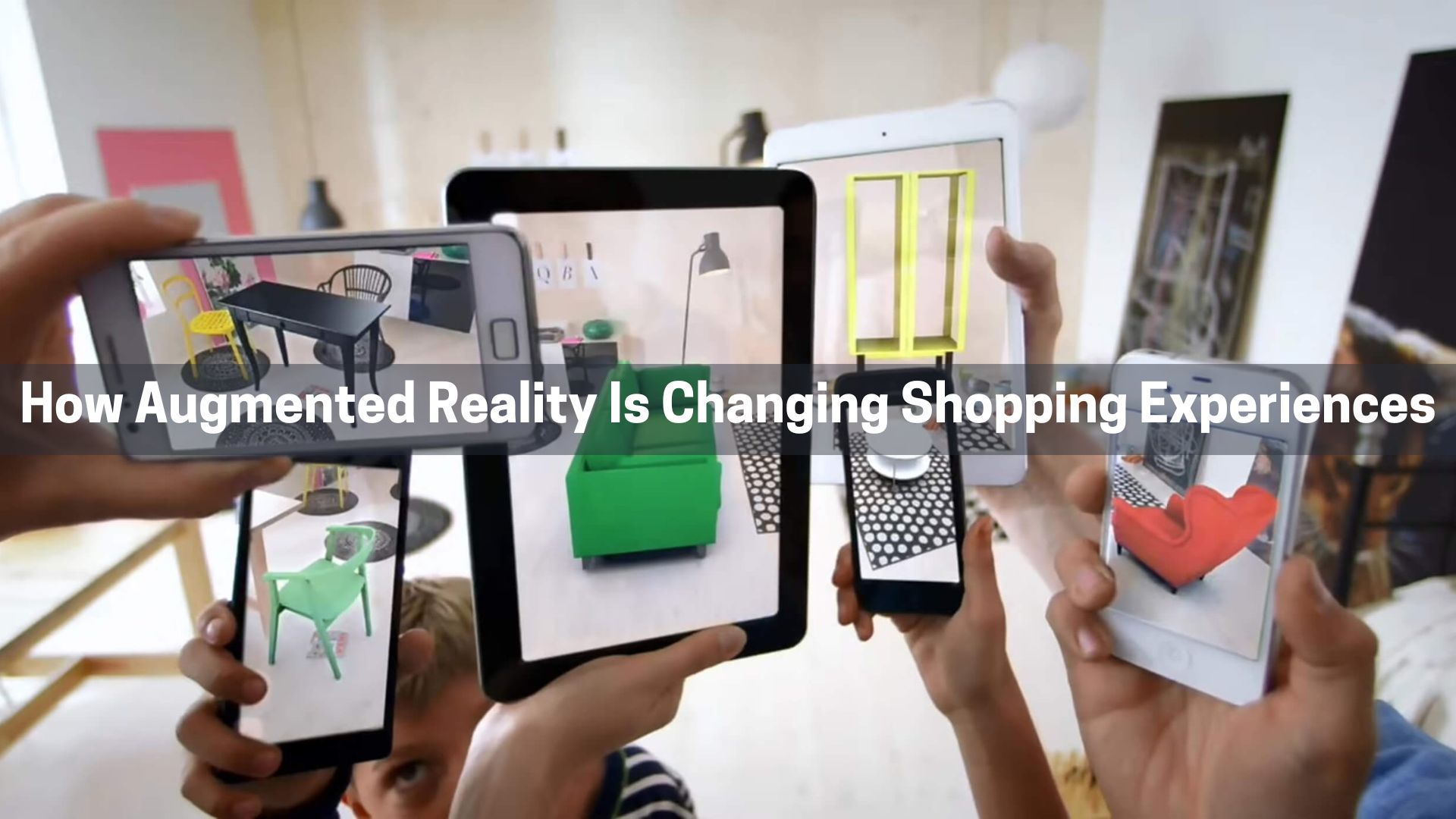Augmented Reality (AR) is revolutionizing how we shop, blending digital and physical experiences to enhance customer engagement and satisfaction. From virtual try-ons to interactive product visualization, AR is reshaping the retail industry. Here’s how it’s making a difference.
1. Virtual Try-Ons
AR allows shoppers to try clothing, accessories, and even makeup without entering a store. Brands like Sephora and Warby Parker offer AR-powered apps that let users see how products look on them in real-time.
2. Interactive Product Previews
Furniture and home decor retailers like IKEA and Wayfair use AR to let customers visualize how items will look in their homes. Shoppers can place 3D models of furniture in their space before making a purchase.
3. Enhanced In-Store Experience
Retailers are integrating AR kiosks and mobile apps to provide additional product information, virtual assistance, and personalized recommendations while shopping in-store.
4. Gamified Shopping
AR-based scavenger hunts and interactive promotions create immersive experiences that engage customers and encourage them to explore more products.
5. Personalized Shopping Assistance
AI-powered AR assistants analyze user preferences and shopping history to recommend products tailored to individual tastes, making shopping more efficient and enjoyable.
6. Reducing Returns and Increasing Confidence
AR minimizes uncertainty by enabling customers to see how a product looks or fits before purchasing, leading to fewer returns and higher customer satisfaction.
7. Social Shopping & AR Filters
Platforms like Instagram and Snapchat offer AR filters that let users try on products virtually and share their experiences with friends, blending social media with e-commerce.
8. AR-Powered Smart Mirrors
Retailers are incorporating AR mirrors that allow shoppers to try different outfits or makeup shades without physically changing, enhancing convenience and engagement.
9. Seamless Online and Offline Integration
Retailers are merging digital and physical shopping experiences by integrating AR into mobile apps, allowing users to switch between in-store and online shopping effortlessly.
10. The Future of AR in Shopping
As AR technology advances, we can expect more personalized, immersive, and AI-driven shopping experiences, making retail more interactive and customer-friendly.
Conclusion
Augmented Reality is not just a trend—it’s a game-changer in the retail industry. By enhancing visualization, engagement, and personalization, AR makes shopping more enjoyable, efficient, and futuristic.

